
‘THE JOB THAT SAVED ME’ BY DIR. LEBOGANG RASETHABA
Egg Films | 23 aug 2025
Endless hours in the air, infinite kilometers on the road, countless kilograms of equipment, innumerable hours of footage accrued over close to a month. Typing it out doesn’t quite contextualize the enormity of the trip. I imagine that’s because the biggest lessons were often invisible, intangibles that are easy to miss but impossible to forget.
Benin feels like the moon. Its proximity to the equator makes the sun feel like it’s hanging in the sky, a prop on a set, ever so surreal and vastly different from how we experience sunsets here in the southernmost part of the continent. Back home in South Africa, the sunset is a drawn out dance between day and night. In Benin, the sun comes and goes like it’s being controlled by a switch. Click. One minute, it’s dark. Click. The next, it’s light.
I was commissioned to make a series of short documentaries for a foundation doing incredible work to curb the spread of disease on the continent. It involved filming a three-day conference that hosted some of the smartest people alive, all discussing, with the passion of a thousand burning suns, how to curb the spread of disease by vector insects. I know everything there is to know about this subject now. I lie, I don’t. But it was a stark reminder of the privilege of my job. It’s almost impossible to imagine another scenario where a filmmaker from South Africa ends up in Benin, commissioned to film hundreds of scientists literally saving lives. We watch history. We make history. We become history.

The scripts were ingenious in how they took a typically serious topic and transformed it into an interesting and informative documentary bursting at the seams with wit and humour. I have never seen anything like it. The films sit neatly at the intersection where beauty meets reality. The writers of my life story have made this artistic endeavour the bait of my character’s existence, it is the central animating force of my journey on earth as a filmmaker.
This job pulled me out of the existential career despair I had been grappling with. For some time now I had been asking myself, “Who the f*ck am I and what the f*ck am I doing???” (THAT IS NOT A RHETORICAL QUESTION!!!!!) A wild cosmic intervention landed me on a runway of comedy commercials, and that, coupled with my longstanding love for documentary filmmaking, made this the ideal job to find myself again, to rediscover my passion for filmmaking and for being a filmmaker.
The scripts were ingenious in how they took a typically serious topic and transformed it into an interesting and informative documentary bursting at the seams with wit and humour. I have never seen anything like it. The films sit neatly at the intersection where beauty meets reality. The writers of my life story have made this artistic endeavour the bait of my character’s existence, it is the central animating force of my journey on earth as a filmmaker.
This job pulled me out of the existential career despair I had been grappling with. For some time now I had been asking myself, “Who the f*ck am I and what the f*ck am I doing???” (THAT IS NOT A RHETORICAL QUESTION!!!!!) A wild cosmic intervention landed me on a runway of comedy commercials, and that, coupled with my longstanding love for documentary filmmaking, made this the ideal job to find myself again, to rediscover my passion for filmmaking and for being a filmmaker.
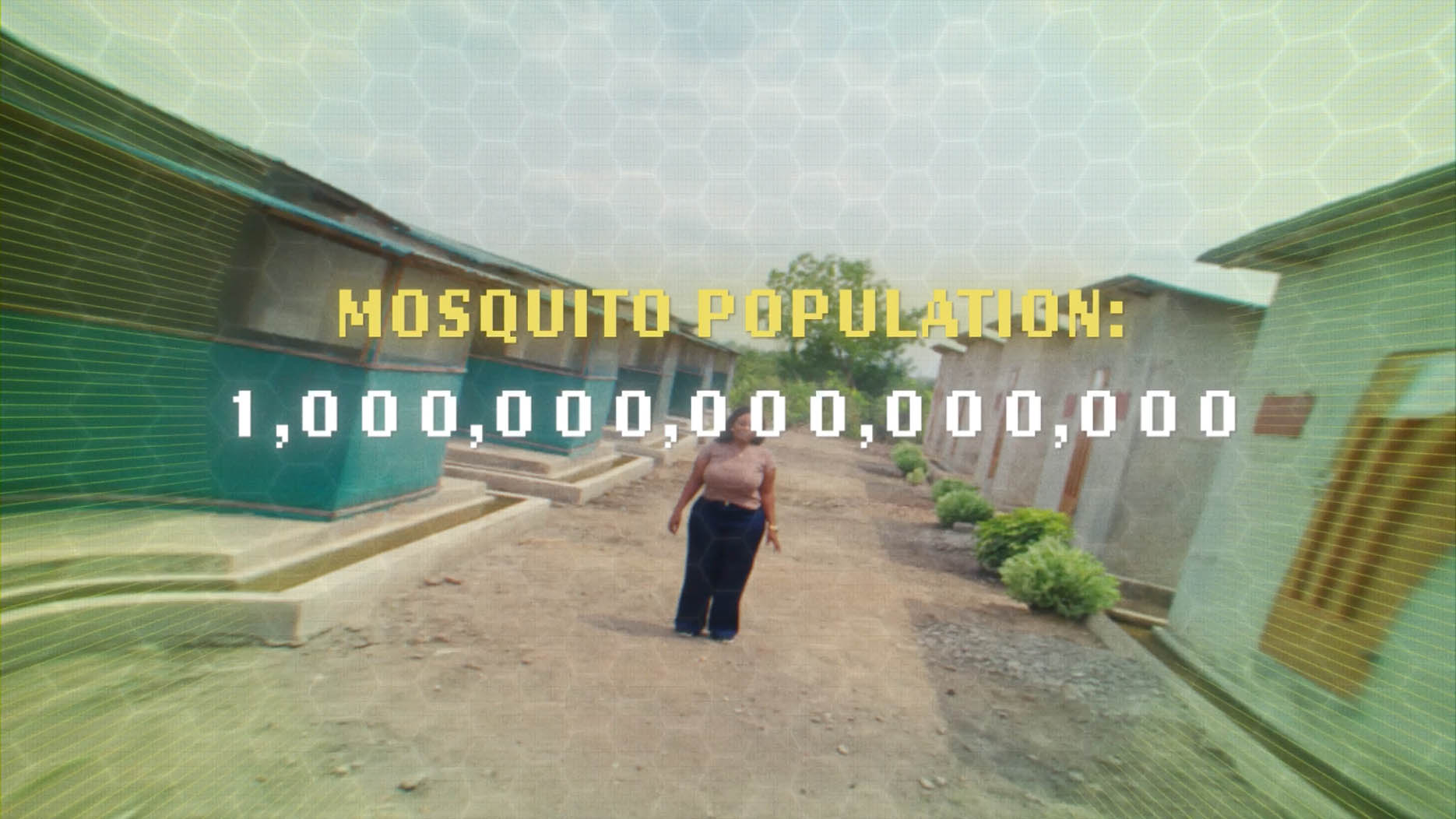
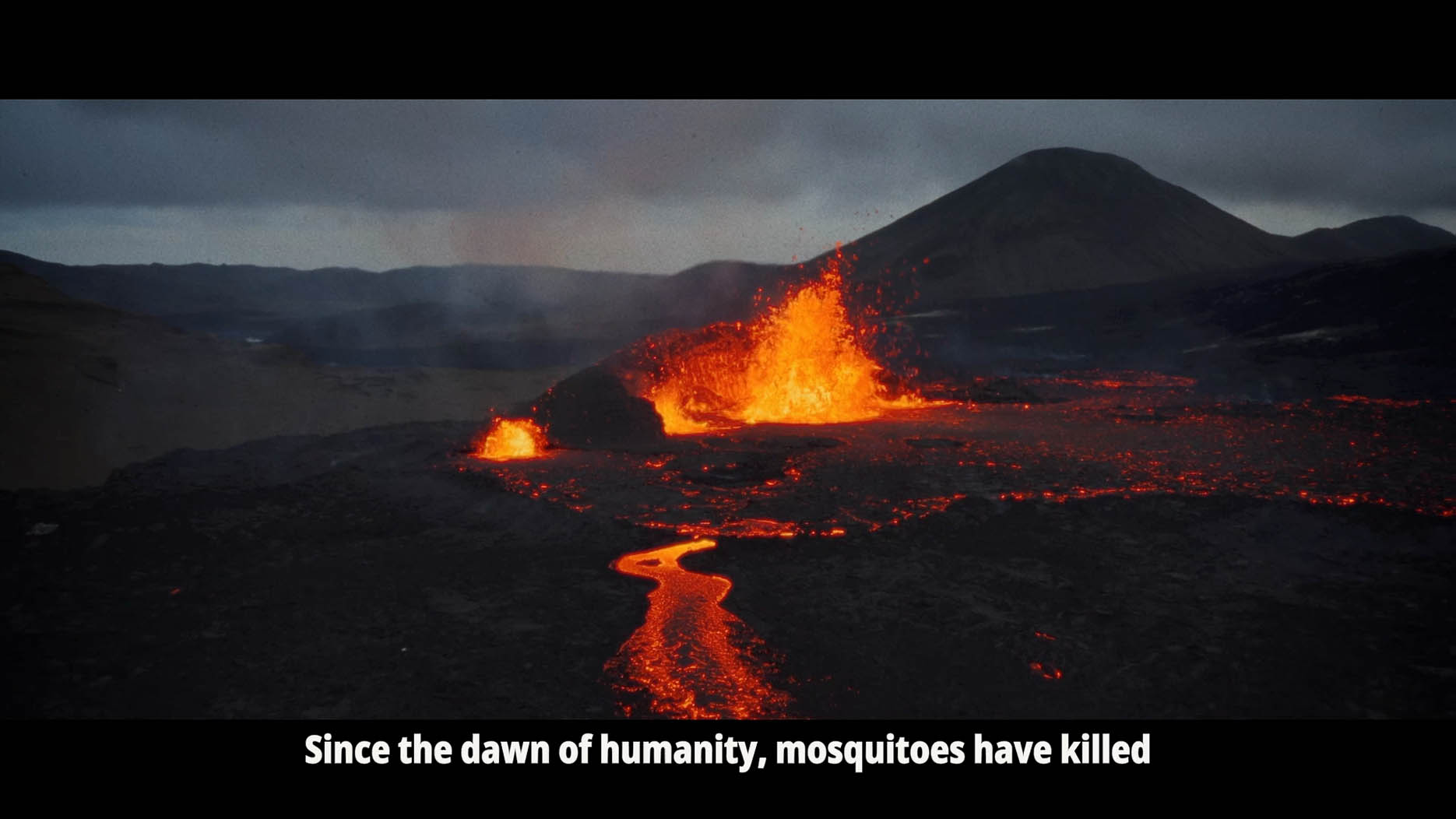
“And if a god will wreck me yet again on the wine-dark sea, I can bear that too, with a spirit tempered to endure”.
It is said that to go is to see and boy oh boy did we see when we went. Benin temperatures touch 40 degrees with a nonchalant ease. The scorching heat in concert with 80% humidity, means that the moment you step outside the hotel, the heat grips you like sleep paralysis. Your body is the battleground between malaria and the malaria prevention pills. I was nauseous for a week straight. Yet every time I looked around, all I saw were cheerful smiles and big laughs, a team of hardworking individuals from all over the world who love their jobs and are easy to be around. Hear ye hear ye! Beyond the camaraderie we created on set, Benin as a place is insanely beautiful. While scouting a location on a beach, the sun hung in the sky like a pastel-red pendant, a group of kids riding horses appeared, like an apparition. It felt like a surrealist painting coming to life through a profound understanding of its own beauty, driven by a desire to exist. Entranced, I watched them gallop away, a brazen testament to the unassuming beauty enshrined in the everyday life of Benin. Click. The sun fell out of the sky again with a rehearsed repetition, 10 glorious days had lapsed and it was time to head to Nairobi.
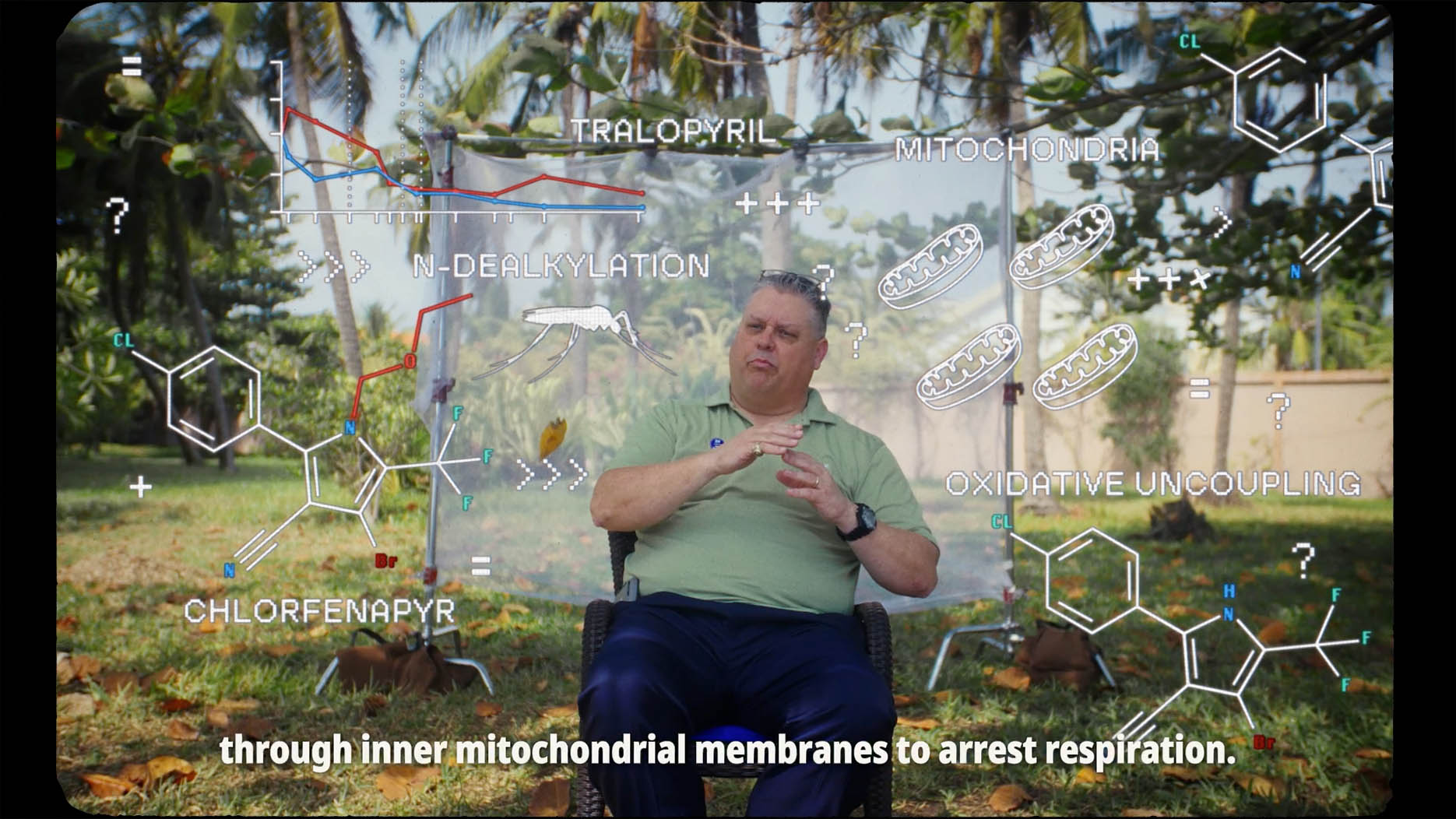
We arrived at our hotel at 4 a.m. It’s always such a brain melt arriving in another country when it’s dark because of how different everything looks once the morning light reveals the details the night has hidden away. My last visit to Nairobi was back in 2011. It has changed a lot since then, the soaring development has even prompted scholars to make an ambitious comparison to Singapore’s transformation. A statement as unsettling as it is true.
There are more Americans in Kenya than in most countries on the continent, which has driven up the cost of living for Kenyans. As it stands, it is now more expensive to live in Nairobi than in Nigeria. In that sense, perhaps it is a lot like Singapore—because as wonderful as Singapore is now, it has become increasingly difficult to live there due to the cost of living. Fewer and fewer people are having children. The energy in Nairobi was distinctively different from Benin. In a lot of ways, it was easier. No language barriers, fairer weather, it just made the work smoother. To put it into perspective (so no one thinks I’m a whiny South African), in Benin, our lenses could fog up from the humidity if they weren’t kept in temperature-controlled rooms and cars. These are the kinds of things people don’t even think about, but they have a massive impact on a shoot.
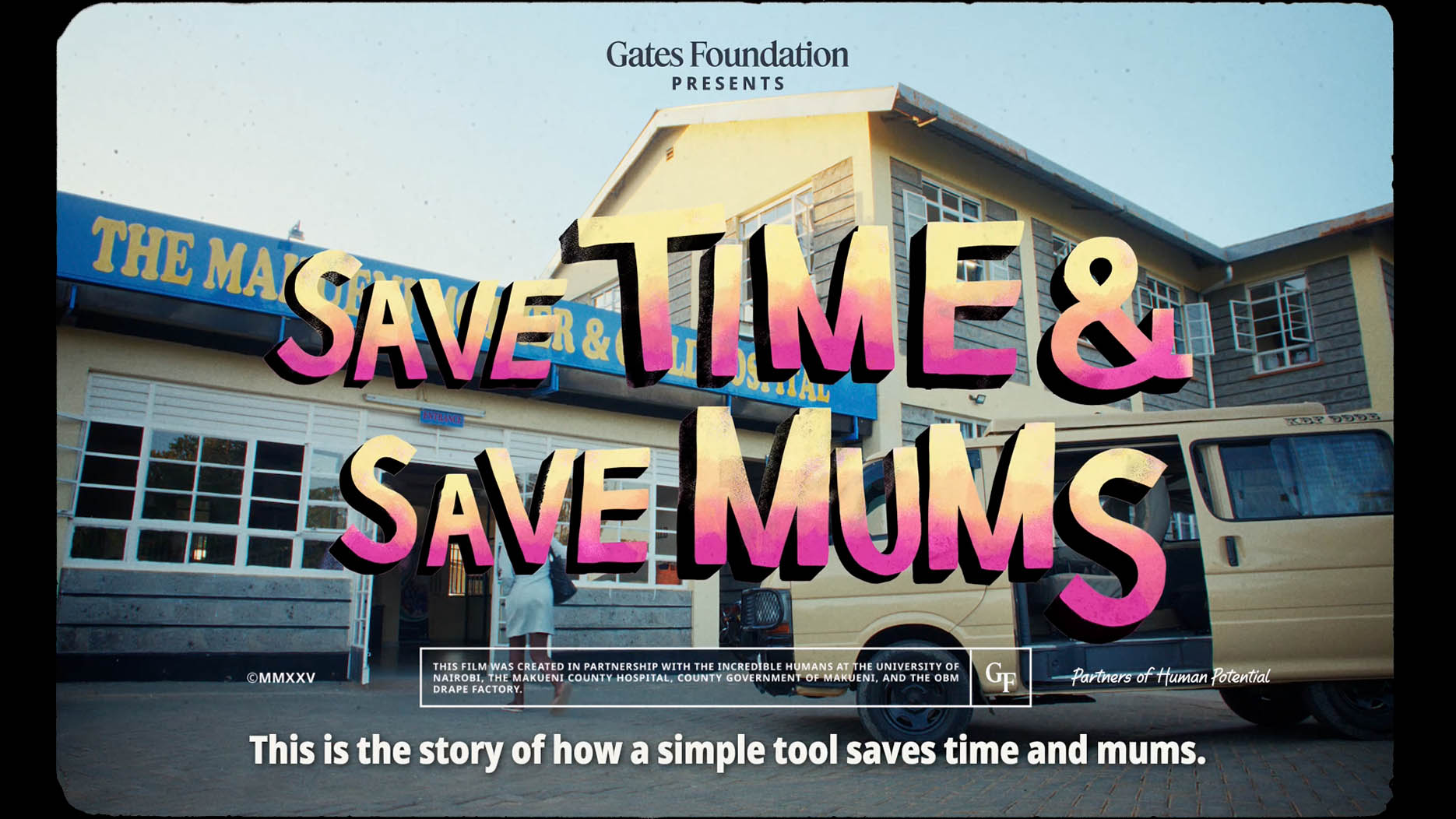
The story in Kenya focused on maternal interventions for issues mothers faced during childbirth. Again, we faced the same creative challenge as before: How do we take something so serious and macabre and make it engaging, light, and informative—without being flippant or dismissive of its severity? Together with the agency, and with the approval of the client, we used various filmic techniques and visual metaphors to bring this incredible story to life. The film was about a simple life-saving invention. And in that moment, I felt like I was doing my bit. Back home on set, you’ll often hear crew joke, “We aren’t saving lives, we’re selling washing liquid. Everyone relax.” But here, on set, in Kenya – there I was, making films about people who are saving lives. In those moments, the power of filmmaking as a tool for social change hit me profoundly. As I listened to the subjects talk about how there hasn’t been a single death in over two years because of their medical intervention, I knew—this is why I do what I do.

Endless hours in the air, infinite kilometers on the road, countless kilograms of equipment, innumerable hours of footage accrued over close to a month. And now, I can come home and tell my kids, my family, and anyone who cares to listen (or read this) that I just had one of the most life-changing experiences of my career. I can’t wait to share the final product with you.
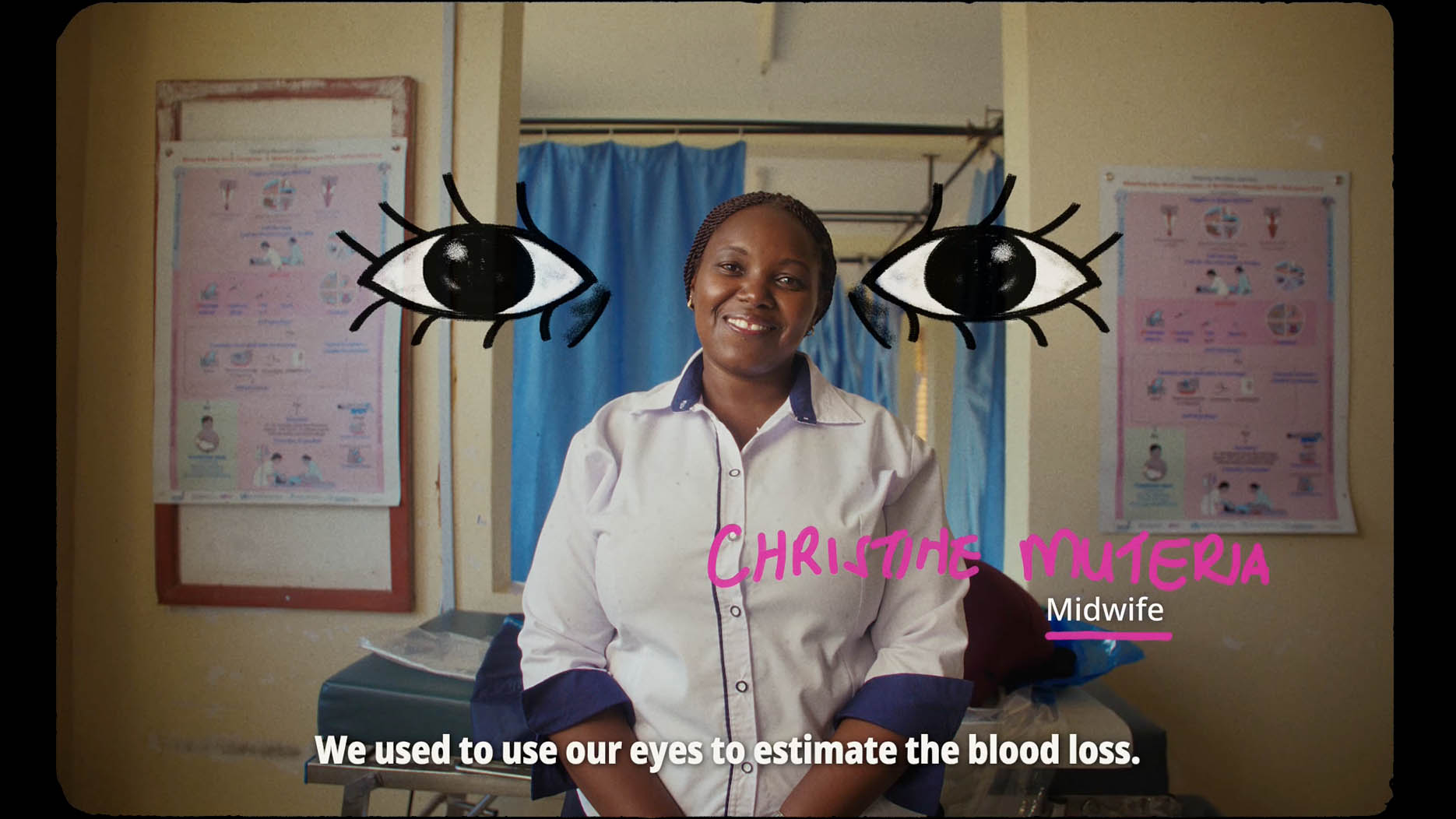
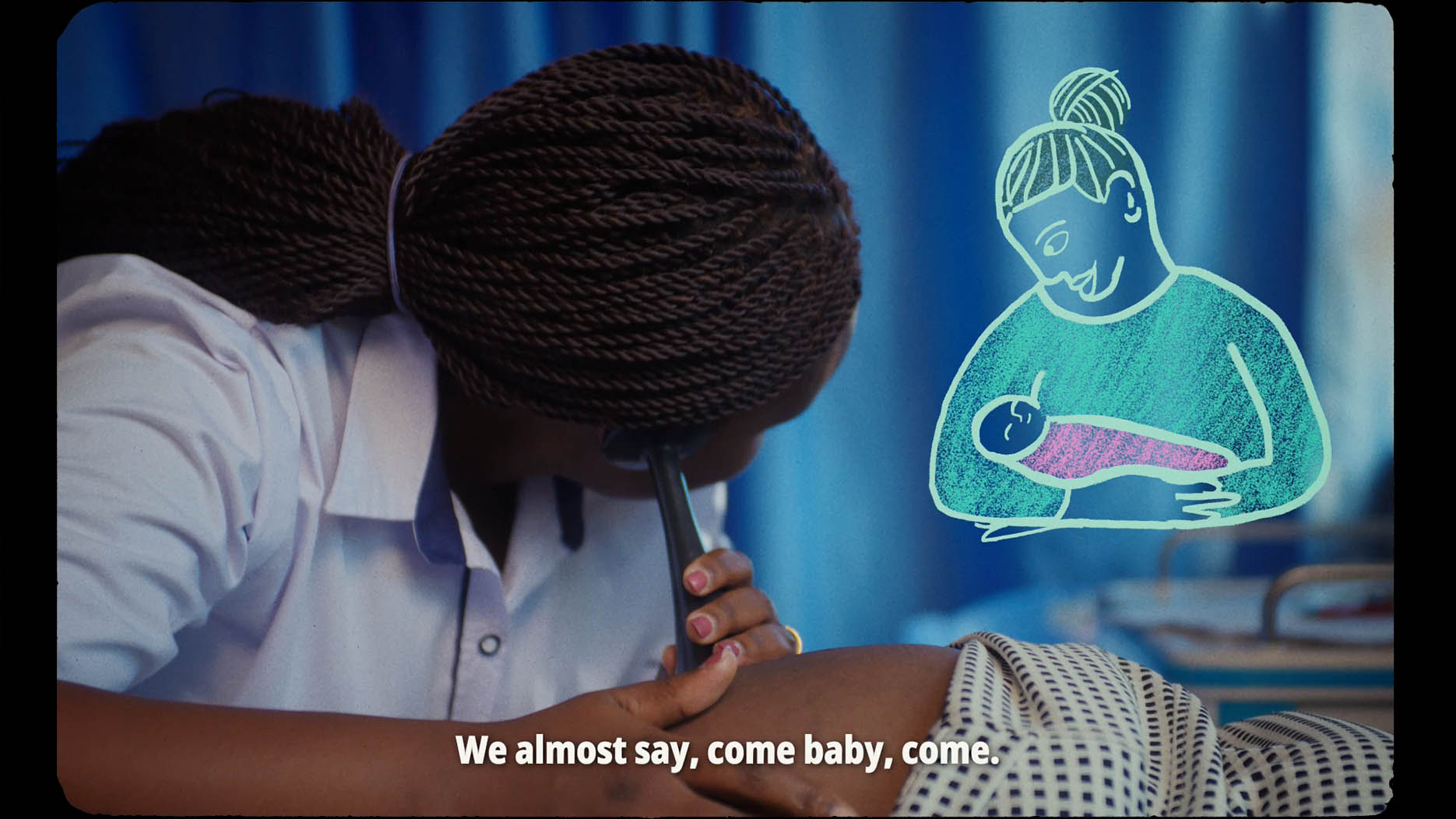
CREDITS
CLIENT: Bill & Melinda Gates Foundation
Senior Communication Officer: Devan Sandiford
Senior Communication Officer: Khanyi Mpumlwana
AGENCY: FCB New York
Executive Producer: Jack Patrick
Management Supervisor: Natalie Costa
VP, Creative Director: Jono Flannery
SVP, Creative Director: Lance Vinning
PRODUCTION: Egg Films
SA Producer: Julia Schnurr
SA Producer: Devi Lazanas
SS Producer: Margaret Mc Mahon
Service Producer: Guy Wilson Kenya
Benin Local Partner: Alain Deguenon
Kenya Producer: Irene Magu
Kenya Producer: Nina Bola
Benin Production Fixer: Judicael Kephoun
Nigeria Production Manager: Anuoluwapo Folarin
SA Film Director: Lebogang Rasethaba
SA 1st AD: Barry van Niekerk
SA director of Photography: Charles Blofield
SA 1st AC: Tyrone Poipao
SA Director of Photography: Motheo Moeng
1st AC: Ben Kiilu Kenyan
Kenyan Sound Mixer: Edna Bonareri
Kenyan DIT: Murtaza Zain
Beninese Drone OP: Doussou Modeste Beninese
Beninese L&G assistant #1: Dona Kiki
Nigerian L&G assistant #2: Aremu Faruq
Beninese makeup / hair: Leila Chabi


